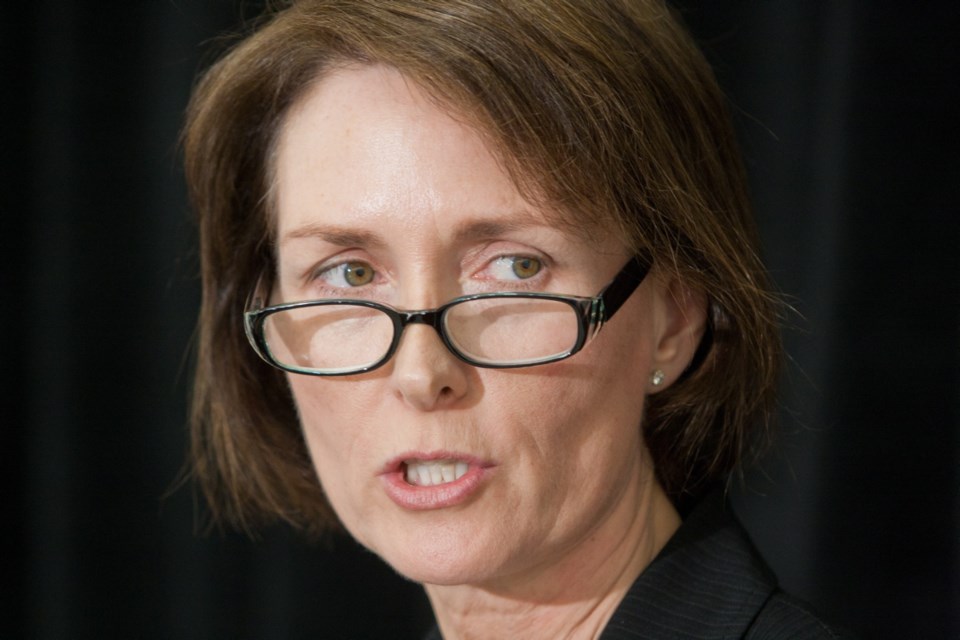Greater Victoria families struggling to get help for children and youth with serious mental illnesses highlight serious gaps in the system across B.C., child advocates and mental health experts say.
Young people can wait months for mental-health services in some parts of the province, while others cycle through emergency departments and pediatric wards without ever getting the treatment they need, advocates say.
They also point to a lack of prevention and early-detection programs that identify mental-health conditions in children before they become a crisis.
“I think B.C. is short of services at every level,” said Bonnie Leadbeater, a psychology professor at the University of Victoria. “We don’t seem to have enough resources for really dealing with kids who are having major mental health problems.”
In two recent cases, Greater Victoria families say their children were sent home from the emergency department at Victoria General Hospital despite being in obvious mental distress. The children then faced lengthy waits to get into a psychiatric facility.
Representative for children and youth Mary Ellen Turpel-Lafond said her ongoing review of children and youth mental-health services has uncovered similar problems across the province.
“I deal with a lot of desperate parents,” she said. “I’m also dealing with a lot of desperate staff inside [the ministry] with nowhere to place kids.”
In some cases, staff end up placing young people with mental illness in motels or residences where staff lack the training to deal with the situation. “I don’t like to use the word crisis lightly, but for the acute kids, we don’t have a very good [in-patient] care system,” Turpel-Lafond said.
She said Greater Victoria is fortunate to have Ledger House, a 13-bed psychiatric facility for children and youth. But as with psychiatric facilities elsewhere in the province, children can wait weeks to get admitted and then receive only a short-term assessment.
Turpel-Lafond said her review points to the need for long-term residential treatment beds rather than discharging young people before they’re ready, only to have them turn up in emergency departments a few days later.
Jonny Morris, director of public policy with the Canadian Mental Health Association in B.C., said clinicians, social workers and others in the system are doing the best they can, but there are too few of them to keep up with the demand.
Morris said the province also needs to put more emphasis on prevention and make the system easier for families to navigate.
“It’s a tricky system … to actually figure out where you want to go next if you’re wanting treatment or if you’re wanting early intervention,” he said.
Children’s Minister Stephanie Cadieux acknowledged the problems Wednesday.
“I recognize that families are facing challenges when they’re trying to access mental-health services for their kids,” she said. “So the first priorities over the next six months are improving access to services and managing wait lists.”
Cadieux said it’s too early to say if the government will inject more money into child and youth mental-health care.
“At this point, we have to get a really clear picture of what the challenges are in the system.”



